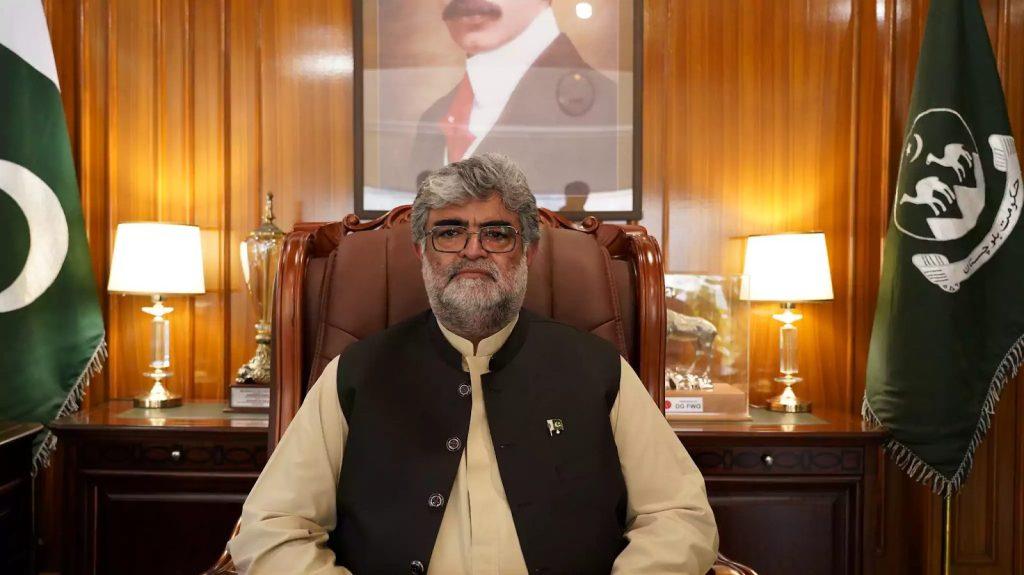
The Balochistan government has imposed restrictions on candidates’ movements and prohibited election campaigns due to security threats. A threat alert regarding the potential presence of a female suicide bomber in Quetta was perceived earlier. The bomber purportedly had the intention to target political leaders, campaign gatherings, and candidates. The DC notified them that political leaders and candidates must restrict their movements and avoid open public meetings and gatherings. The notification was especially for February 4, 5, and 6, to prevent any untoward incidents.
Meanwhile, Balochistan Information Minister Jan Achakzai said on Sunday that internet services will remain temporarily restricted in sensitive polling booths. He added that ensuring the safety and security of common citizens is of utmost importance. There was a concern that terrorists may exploit social media platforms such as Facebook, Twitter etc.
International ban on BLA
The USA declared the Balochistan Liberation Army (BLA) a terrorist organization under the Specially Designated Global Terrorist (SDGT) category in 2019. Pakistan also declared the BLA a terror group in 2006 but could not effectively curb its activities.
Let’s explain what that designation meant for Pakistan and how effective it was in curbing the activities of the organization.
Firstly, there was close association between Bugtis and Marris when it comes to examining the role the BLA played in fueling insurgency in Balochistan. The Pakistani government had declared the BLA a terror group in 2006 and had taken a number of measures to effectively curb its activities. However, simply placing the BLA under the SDGT could propel chances of its followers joining other insurgent groups. These included the United Baloch Army (UBA) or the Balochistan Republican Army (BRA),. Traditionally, Baloch Sardars were spearheading them. Even the UBA was a group led by the younger brother of Hyrbyair Marri since 2013.
The estimated size in terms of personnel strength varied between 500 and 1500. Therefore, it was highly likely that this membership might have transformed overnight, joined ranks with the UBA or the BRA. There was also probability of its emerging as a new insurgent group in Baloch hinterlands.
Given that tribal affiliations played a pivotal role in a tribal society, it was more probable that the followers of the BLA might have preferred the UBA instead of the BRA. Brahamdagh Bugti who was also in exile in Geneva, Switzerland, was commanding BRA. Once they had joined these insurgent groups, they would have definitely augmented them in terms of tactical operations, training, and attacks on LEAs present in the area.
Secondly, the dimension of Baloch insurgency underwent a sea change by 2003, when Allah Nazar Baloch formed the Balochistan Student Organisation (Azad). The effective command of insurgency had practically landed in the hands of the middle class in Baloch society. Nowadays, the Balochistan Liberation Front (BLF) and the Baloch Raji Aajoi Sangar (BRAS) raged across the south-western areas of the province. Moreover, many natives had also joined these groups and were in active cooperation with each other. For example, the Majeed Brigade of the BLA, headed by a local middle-class individual, had conducted an unsuccessful suicide attack on a bus carrying Chinese engineers in Dalbandin in 2018. Therefore, placing the BLA under the terror entity list might not have impacted the insurgency drastically. Rather, it might have extended extra support to other Baloch insurgent groups and pushed it towards a localized franchise.
Thirdly, as religious extremist and terrorist groups like Lashkar-e-Jhangvi (LeJ) were joined by locals like Saif Ullah Kurd and Dawood Badini. The extent of interaction between sub-nationalists and religious factions enhanced manifold. The former was a truck driver. He was attracted towards the LeJ ideology through socialization with Dawood Badini. In May 2018, Salman Badini, the LeJ Balochistan chief, was killed in a targeted operation in Killi Almas area of Balochistan. As more and more locals found inroads into different religious extremist organizations. A natural contact established between Baloch insurgent groups and militant religious factions. They had started cooperating with each other in carrying out terror attacks at public places, security check posts, and seminaries. Therefore, the current step might not have been effective in curbing insurgent attacks in the province.

